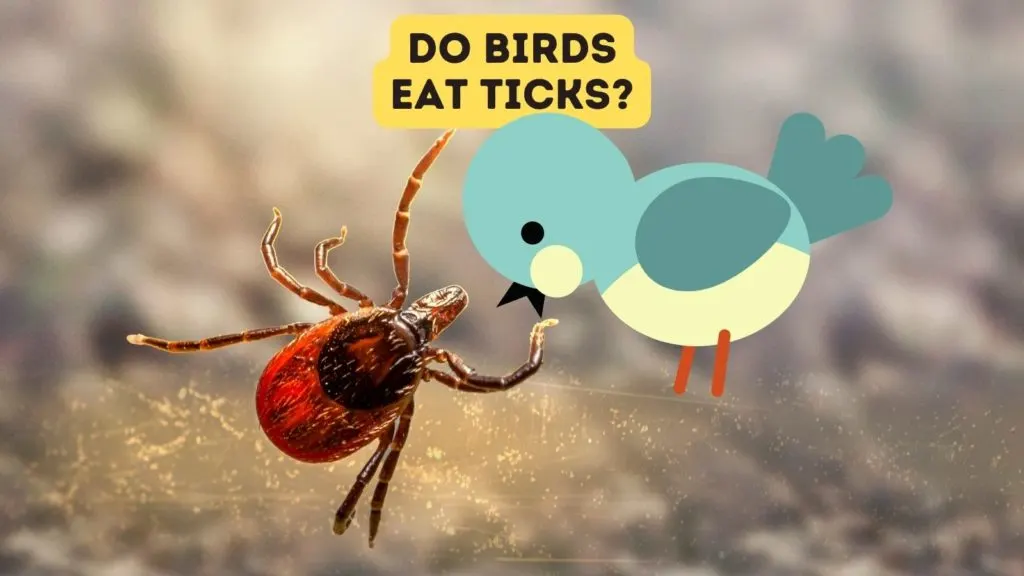Ticks are well-known pests that can carry diseases affecting both humans and animals. As a part of natural pest control, certain bird species play a crucial role in managing tick populations. Let’s look at the relationship between birds and ticks, highlighting which birds are known to consume ticks! Could some of these birds help keep you safer from ticks?

Birds That Commonly Eat Ticks
Many bird species are insectivores, meaning they feed on insects and other small arthropods, including ticks. By eating ticks, these birds help control tick populations, potentially reducing the spread of tick-borne diseases.
Several bird species are known to feed on ticks:
- Guinea Fowl: Not traditionally ‘wild’ in North America, but often kept in rural and farm settings, guinea fowl are known for their voracious appetite for ticks.
- Wild Turkeys: These large birds forage on the ground and consume various insects and arachnids, including ticks.
- Chickens: Similar to guinea fowl, chickens that forage outdoors may eat ticks as part of their diet.
- Robins and Thrushes: These common backyard birds pick off ticks from the ground while foraging.
- Wrens: Small and agile, wrens hunt for insects in leaf litter and underbrush, where they may also encounter and eat ticks.
- Woodpeckers: While primarily feeding on tree-dwelling insects, woodpeckers may consume ticks they find on tree barks or on the ground.
Encouraging Birds to Control Ticks
To help encourage birds to eat ticks in your yard, you want to make the yard bird friendly. While guinea fowl and chickens are generally brought in by the homeowner, other species can be encouraged by providing a suitable habitat, including trees, shrubs, and a water source.
Using pesticides can harm beneficial insects and the birds that feed on them. Natural pest control methods are preferable.
Installing birdhouses and maintaining natural nesting areas can attract insectivorous birds to your yard.
Need More Help?
Did you know that opossums, America’s only marsupial, can be your secret ally against ticks? Before you raise an eyebrow in disbelief, consider this; these nocturnal prowlers are virtual vacuum cleaners when it comes to ticks. Opossums go about their nightly foraging with little hunt-and-peck nibbles that make them excellent at snagging ticks off plants and preventing these tiny blood suckers from hitching a ride on humans or pets.
Each single opossum can eat up to 5,000 ticks per season! They seem to have an innate immunity against Lyme disease – hence even if they do get bitten by an infected tick, the disease does not survive within them. So rather than stigmatizing opossums as pests, perhaps it’s time we start viewing them as beneficial backyard buddies keeping our yards free of those dreaded ectoparasites.
You can encourage possums to come to your bird feeding area at night. These often misunderstood yet beneficial marsupials are enticed at bird feeding areas after dark, and encouraging them is not as complex as you may imagine!
Start with leaving bits of fruit out during twilight hours. Opossums are eclectic eaters with a partiality towards fruits such as apples, bananas, and pears. Embellish your bird feeder area with these delectable treats to create an enticing scent trail under the cloak of darkness. Since their eyesight isn’t strong, they rely heavily on their extraordinary sense of smell to locate food.
More Posts You Might Like
- 8 Letter Bird Names - August 14, 2024
- 7 Letter Bird Names - August 14, 2024
- 7 Birds Named After Famous People - July 23, 2024
